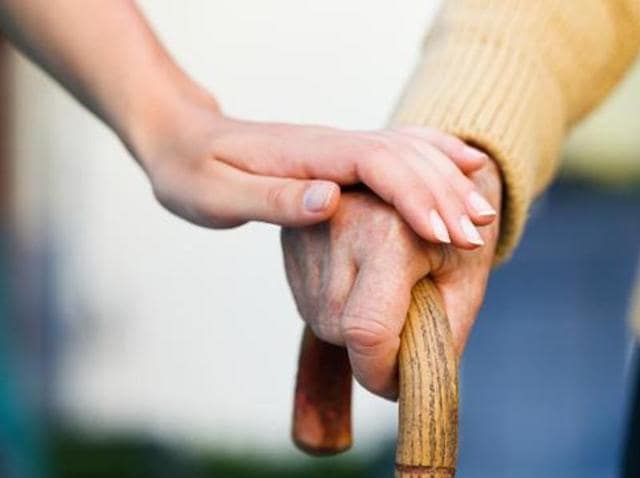A new high-risk treatment could contain multiple sclerosis
Doctors in Canada may have found a possible treatment for multiple sclerosis. However, the treatments comes with high risks and could not be applied to all.
Doctors may have found a way to contain the damages of multiple sclerosis but it comes at a cost. Doctors said Friday they have found an effective way of containing the disease, but with a treatment so high-risk it cannot be widely used.

They treated 24 MS patients in Canada with potent chemotherapy, basically destroying their immune systems ahead of a stem cell transplant.
In 23 patients, the combination treatment stopped relapses and the development of new brain lesions without the need for chronic medication, the team reported in The Lancet. “Eight of the 23 patients had a sustained improvement in their disability 7.5 years after treatment,” said a statement issued by the medical journal.
Read: Yoga, aquatic exercise can help combat multiple sclerosis symptoms
One of the 24 died from liver failure and sepsis caused by the chemotherapy. “This is the first treatment to produce this level of disease control or neurological recovery from MS, but treatment-related risks limit its widespread use,” said the statement.
Multiple sclerosis affects more than two million people worldwide. It is caused when a person’s body is attacked by its own immune system, causing a range of symptoms from mild to debilitating, including problems with vision, movement and balance.
It is a lifelong condition. In some cases, symptoms come and go in phases called relapses, while in others they become progressively worse over time. There are treatments to control symptoms, but no cure and no way to prevent relapses or to slow the progression.
Read: Coffee to the rescue again | 6 cups a day cuts multiple sclerosis risk
Specialised clinics have used a lighter form of the treatment, called autologous haematopoietic stem cell transplantation or aHSCT, on a small number of patients.
Aggressive treatment
It involves transplants of haematopoietic stem cells, immature cells found in the bone marrow which become blood and immune cells. After the stem cells are harvested from their bone marrow, the patients have their immune systems suppressed with chemotherapy before the stem cells are injected into the blood stream to “reset” the immune system and stop it attacking the body.
Many, however, have relapsed after the treatment. For the new study, the team used even stronger chemotherapy to bring about “complete destruction, rather than suppression” of the immune system, said the statement.
Read: Scientists find way to stop multiple sclerosis

Twenty-four people aged 18-50 were enrolled in the phase II clinical trial, designed to assess whether the treatment works. The patients all had an “aggressive” form of the disease, their disability ranging from “moderate” to being unable to walk around 100 steps unaided.
In the 23 who survived treatment, no relapses occurred for the period that they were studied -- between four and 13 years. No ‘new disease activity’ was detectable on MRI scans.
“The initial 24 MRI scans revealed 93 brain lesions, and after the treatment only one of the 327 scans showed a new lesion,” the team said.
Read: Multiple sclerosis affects more patients in summer
After three years, six patients were able to reduce or stop their disability insurance, and return to work or school. “The sample size of 24 patients is very small,” said study co-author Mark Freedman of the Ottawa Hospital Research Institute, urging caution in interpreting the findings.
Larger clinical trials must confirm the results, he said. “Since this is aggressive treatment, the potential benefits should be weighted against the risk of serious complications associated with Autologous haematopoietic stem cell transplant (aHSCT).”
In a comment on the study, Jan Dorr of the NeuroCure Clinical Research Center in Berlin, described the results as “impressive”.
But, “will this study change our approach to treatment of multiple sclerosis? Probably not in the short term, mainly because the mortality rate will still be considered unacceptably high,” he wrote.
Catch your daily dose of Fashion, Health, Festivals, Travel, Relationship, Recipe and all the other Latest Lifestyle News on Hindustan Times Website and APPs.



